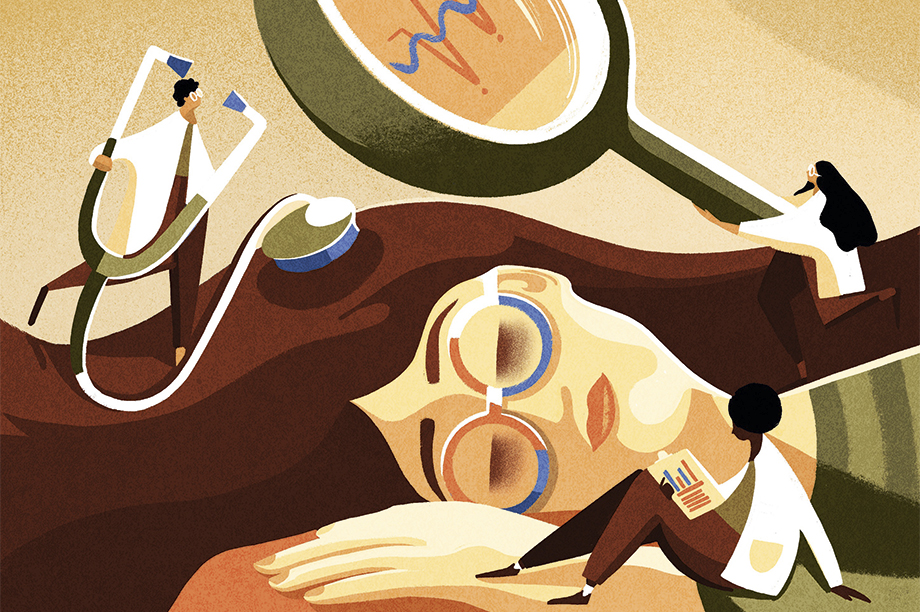核心概念
The author argues that sleep is crucial for overall health and brain function, emphasizing the negative impact of insufficient sleep on various aspects of physical and mental well-being.
摘要
Sleep plays a vital role in maintaining overall health, with inadequate sleep being linked to increased risk of high blood pressure, heart attacks, stroke, hormonal imbalances, anxiety, depression, and suicidal thoughts. Conversely, sufficient sleep offers numerous health benefits such as boosting immunity, nurturing memory and learning, and promoting emotional well-being. Lack of sleep has also been associated with an increased risk of developing Alzheimer's disease. Additionally, the article highlights the importance of deep sleep in removing toxic proteins from the brain and its role in emotional first aid and creativity. The impact of caffeine on sleep quality is also discussed.
统计
Short sleep is associated with an increased chance of having high blood pressure, a heart attack, and/or a stroke.
Young healthy men sleeping just four hours a night for four nights end up with a level of testosterone equivalent to that of someone 10 years older.
People who are getting less than seven hours of sleep a night are nearly three times more likely to become infected by a rhinovirus or common cold.
Consistently sleeping less than six hours is linked to numerous health conditions including certain forms of cancer, Alzheimer’s disease, diabetes, being overweight or suffering from obesity.
Inadequate sleep suppresses a hormone that signals food satisfaction yet increases concentrations of the hormone ghrelin that makes you feel hungry.
引用
"Prioritising your sleep in early and mid-life may help reduce the risk of Alzheimer’s or at least slow its approach in later life."
"Dreaming acts like a nocturnal soothing balm taking the sharp edges off difficult and painful experiences."
"Prioritising sleep is one of the most powerful ways to regain control over our weight and our waistline."

